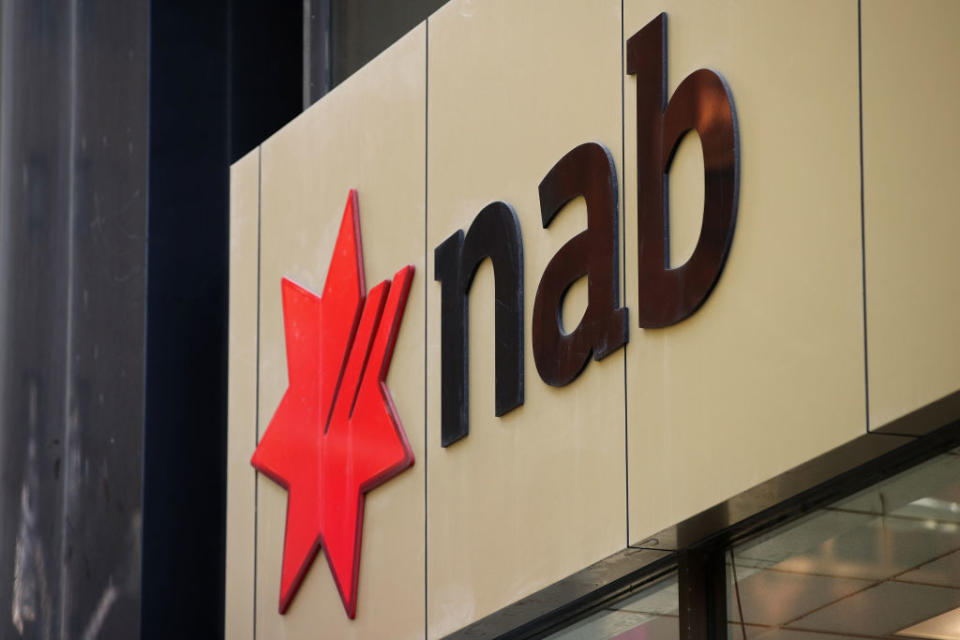NAB to face 330,000-strong class action over higher fees, lower returns

National Australia Bank (NAB) will face a 330,000-strong class action on behalf of superannuation members who paid higher fees and received lower investment returns, after the bank failed to transition members’ funds to the default low-cost super product as required by law.
Maurice Blackburn filed the class action today against two companies in the NAB group, MLC Nominees Pty Ltd and NULIS Nominees, alleging they acted illegally by not transferring the $6.8 billion in “accrued default funds” in MLC MasterKey Personal Super products and MLC MasterKey Business Super products to the default MySuper product.
From 1 January 2014, new default contributions were required by law to be allocated to a MySuper product, and existing accrued default amounts were required to be transitioned by trustees to MySuper.
Also read: Will ASX banks still be a good place to get top dividend income in 2020?
Also read: 11 self-made millionaires reveal the best advice they ever got
“The contraventions at the heart of this case resulted in NAB’s default MasterKey super members paying higher fees and commissions and receiving lower investment returns for periods of time, when they could have been in a cheaper, better overall MySuper product,” Maurice Blackburn national head of class actions, Andrew Watson said.
“This is another regrettable case of mismanagement in the superannuation sector,” he said.
“The whole point of the MySuper reforms was to make sure that millions of everyday Australians who hadn’t made an active decision about their super were not losing money on higher fees and unnecessary or unused services.”
While the final deadline for the transfer of the default amounts to MySuper was 1 July 2017, the Banking Royal Commission shone a light on NAB’s repeated breaches of superannuation law.
“Taken as a whole, the evidence shows that NAB and NULIS (and before NULIS, MLC Nominees) did not move with all deliberate speed to effect the transfers,” Commissioner Hayne said.
“I consider that they did not do that for fear of how advisers would react to the loss of commissions that would follow from the transfer.”
AMP refunds customers into new accounts set up without their consent
Following the fallout from the Banking Royal Commission, AMP was forced to refund customers hundreds of millions of dollars in fees and charges it took from clients, despite not delivering any services.
Former AMP customers found their refunds for the banks’ fees-for-no-service were placed into new AMP superannuation accounts - that the bank set up without their consent.
"As your account with us is closed and we can't pay super benefits directly to you, we've paid this amount into a new AMP Eligible Rollover Fund [ERF] account that was opened in your name," the bank told them.
Make your money work with Yahoo Finance’s daily newsletter. Sign up here and stay on top of the latest money, news and tech news.

 Yahoo Finance
Yahoo Finance 